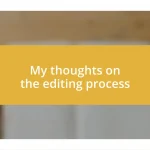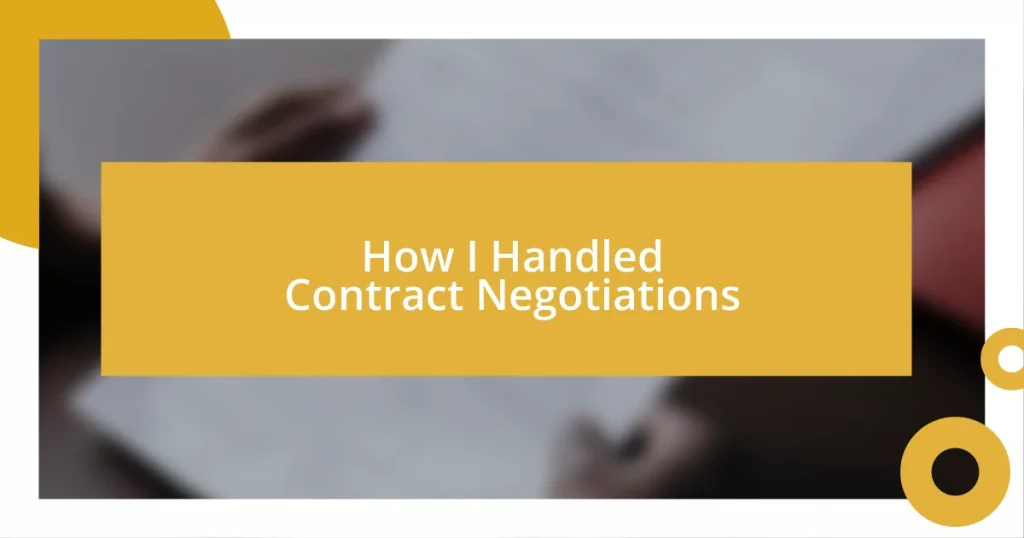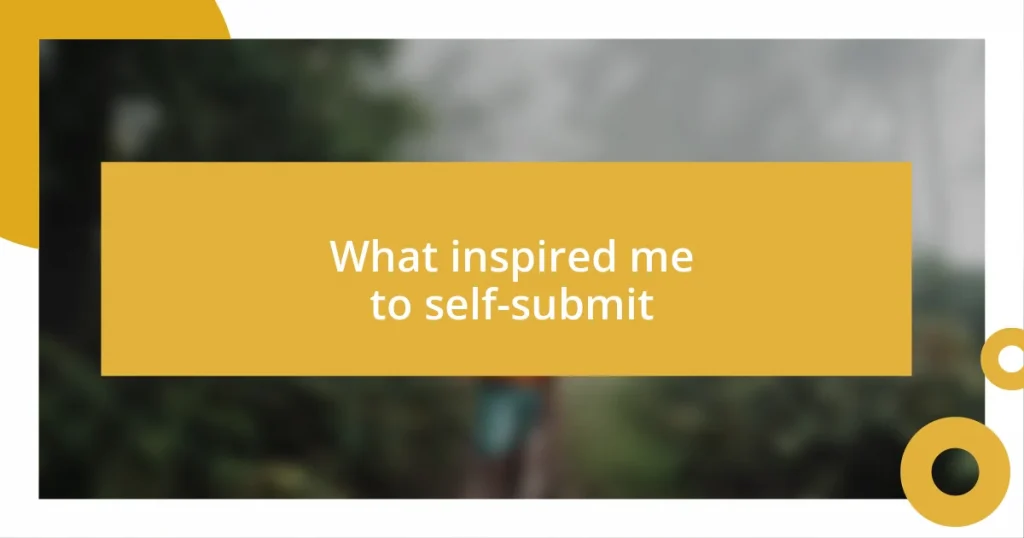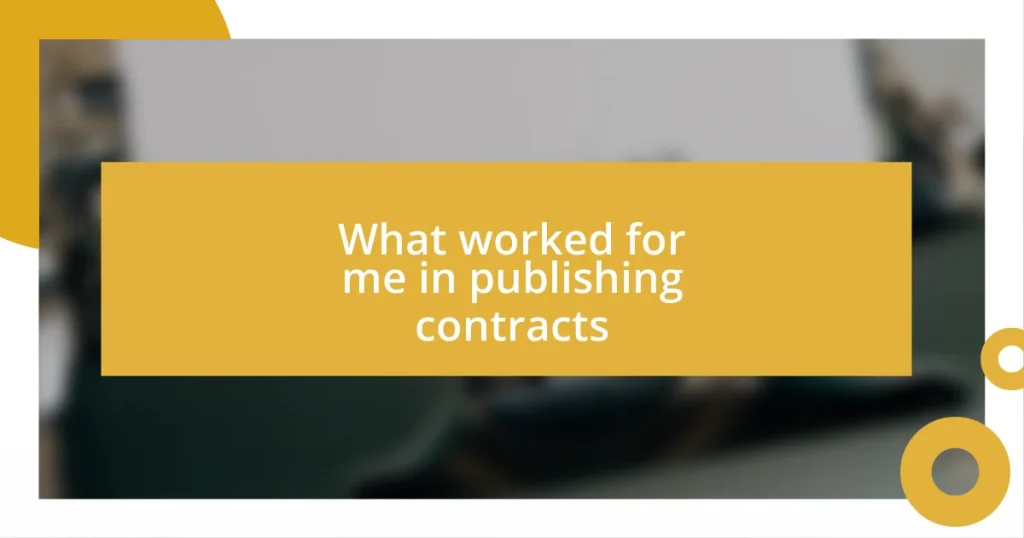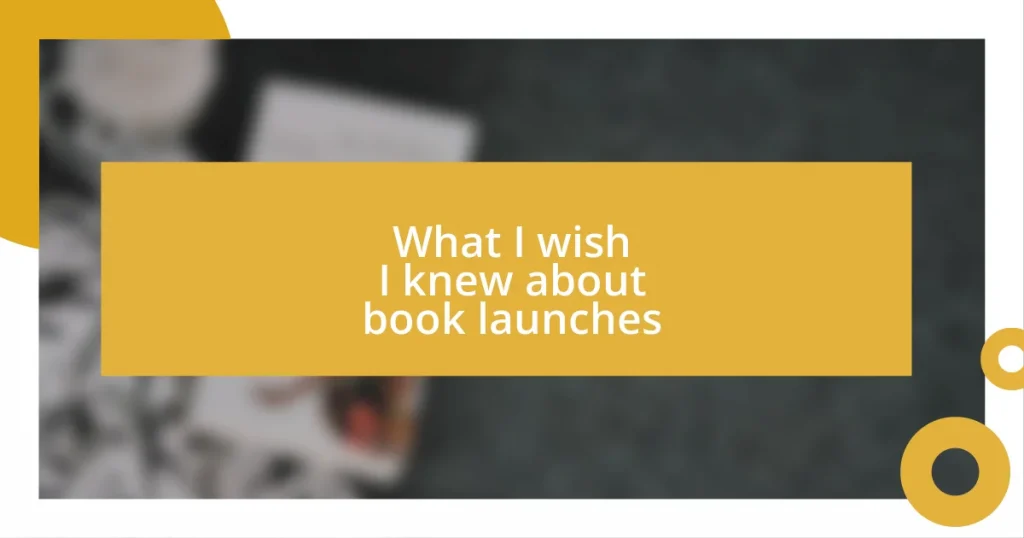Key takeaways:
- Understanding your needs and limits, along with active listening, enhances confidence and collaboration in negotiations.
- Preparation, patience, and setting clear boundaries are essential strategies that promote effective and respectful negotiations.
- Acknowledging emotions, staying calm, and being flexible can lead to breakthroughs in difficult discussions.

Understanding Contract Negotiations
Contract negotiations can often feel daunting, but understanding the key elements can significantly ease the process. I remember my first negotiation; I was so nervous that I didn’t fully grasp the importance of every clause. Reflecting on that experience, I now know that each term can affect the overall agreement and its outcomes.
One critical aspect is knowing your own needs and limits. When I negotiated my last contract, I spent time identifying what was non-negotiable for me. This self-awareness helped guide the conversation and made me feel more confident when countering proposals.
Additionally, it’s essential to listen actively during these discussions. I found that asking open-ended questions not only clarified points but also built rapport with the other party. Isn’t it interesting how a slight shift in communication can turn a potentially adversarial moment into a collaborative one?

Preparing for Contract Talks
Preparing for contract talks is a crucial step that can make all the difference in the negotiation process. I recall a time when I sat down with my notes before a big meeting, feeling that familiar flutter of nerves. What I learned is that preparation is more than just knowing what I wanted; it was about anticipating the other party’s needs, too. That became my strategy: envision the negotiation from their perspective.
To prepare effectively, consider these important steps:
- Research the other party: Learn about their goals, values, and past dealings.
- Outline your key points: Identify your main objectives as well as what you’re willing to compromise on.
- Formulate questions: Craft open-ended questions to guide the dialogue and facilitate discussion.
- Practice active listening: Prepare to truly hear the other side, as this fosters a cooperative atmosphere.
- Rehearse with a trusted friend: Simulating the negotiation can boost your confidence and unveil new insights.
In my experience, each of these steps helped me bridge gaps and build stronger connections in negotiations, turning potential conflicts into collaborative conversations.

Key Strategies for Success
When it comes to key strategies for success in contract negotiations, one element that stands out to me is the power of preparation. I remember going into a negotiation once, feeling ready but realizing I’d only prepared for my side of the table. It dawned on me that understanding the other party’s motivations can be a game changer. By anticipating what they might want or need, I was able to present my proposal not just as a transaction but as a partnership, which made a world of difference.
Another strategy I cannot emphasize enough is the art of patience. In my early experiences, I noticed a tendency to rush or settle quickly, often out of discomfort with silence. I learned that allowing pauses during negotiations brings clarity to both parties. It encourages more in-depth reflection on the terms discussed. This shift fostered deeper conversations, leading to agreements that felt mutually beneficial, rather than hasty compromises.
Lastly, setting clear boundaries is vital. I recall a negotiation where I inadvertently accepted terms that didn’t align with my goals because I hadn’t established my limits ahead of time. That experience taught me to communicate what I needed upfront, which not only empowered me but also created a respectful dialogue. This strategy has since helped me negotiate deals that support my objectives without sacrificing essential interests.
| Strategy | Description |
|---|---|
| Preparation | Understanding both parties’ perspectives enhances negotiation effectiveness. |
| Patience | Allowing pauses promotes deeper conversations and reflection. |
| Setting Boundaries | Clearly communicating your limits fosters respect and empowers negotiation. |

Managing Difficult Negotiations
Managing difficult negotiations can feel like maneuvering through a minefield. I remember one particularly challenging session where tensions were running high, and both parties seemed unwilling to budge. In that moment, I realized that acknowledging emotions—both mine and those of others—was crucial. Sometimes, simply saying, “I see where you’re coming from,” can build a bridge when arguments threaten to divide.
Then there’s the matter of staying calm under pressure. During a negotiation that turned unexpectedly heated, I took a deep breath and paused. This quick moment of mindfulness allowed me to respond thoughtfully rather than react emotionally. It’s fascinating how a little breathing space can shift the energy in the room and invite openness instead of defensiveness.
Lastly, I find that flexibility often leads to breakthroughs in tough discussions. I recall a time when I had to let go of a non-negotiable issue to explore alternative solutions with the other party. By shifting my focus from what I couldn’t compromise on to potential middle ground, our dialogue transformed. Isn’t it interesting how thinking outside the box can turn a stalemate into a win-win scenario?

Closing the Deal Effectively
Closing a deal effectively hinges on clear communication and the ability to read the room. I recall sitting across from a partner who seemed skeptical about the proposal. I leaned in closer and said, “I understand this might feel like a leap for you. What would make this feel safer?” It turned out that simply addressing their concerns led to an open dialogue, resulting in a modified offer that benefited us both. Why do we often overlook the power of such straightforward communication?
After reaching a general agreement, summarizing the key points before officially closing can make all the difference. In one negotiation, I took a moment to recap the highlighted terms before we shook hands. It not only ensured we were on the same page but also built a sense of camaraderie. This small act reaffirmed our mutual understanding and respect, which is essential when finalizing a deal.
Lastly, I’ve learned that closing a deal should feel like a celebration, not a formality. During a particularly lengthy negotiation, when we finally reached an agreement, I suggested toasting with a drink. The laughter that followed eased the tension and created a positive atmosphere. Have you ever experienced the relief and joy of concluding a deal? It’s a moment worth savoring, and it strengthens the relationship for future endeavors.

Learning from Past Experiences
Reflecting on my past experiences with contract negotiations, I’ve realized how pivotal moments have shaped my approach. I once entered a negotiation with a firm belief that my terms were non-negotiable. That mindset proved limiting when the process hit a wall. The turning point came during a discussion where I let go of my rigid stance and listened deeply to the concerns of the other party. That moment taught me the value of humility and open-mindedness in negotiation settings—traits I now prioritize.
Another memory stands out where I misread a cue from the other side. I pressed on with my arguments, thinking I was making headway. But, as they shifted in their seats, I sensed the mood was changing. Pausing to acknowledge their discomfort and asking for their perspective transformed the trajectory of our conversation. It’s incredible how paying attention to non-verbal signals can uncover insights that lead to a more productive dialogue.
I’ve also learned that documenting lessons from each negotiation can be a game changer. After a particularly tough round with a vendor, I took the time to jot down not only the tactics we employed but also the emotional highs and lows I experienced. That reflection has been invaluable for my preparation in later negotiations. Have you ever captured your feelings or experiences in a journal? It’s a simple practice, yet can greatly enhance your awareness and skills in future discussions.






